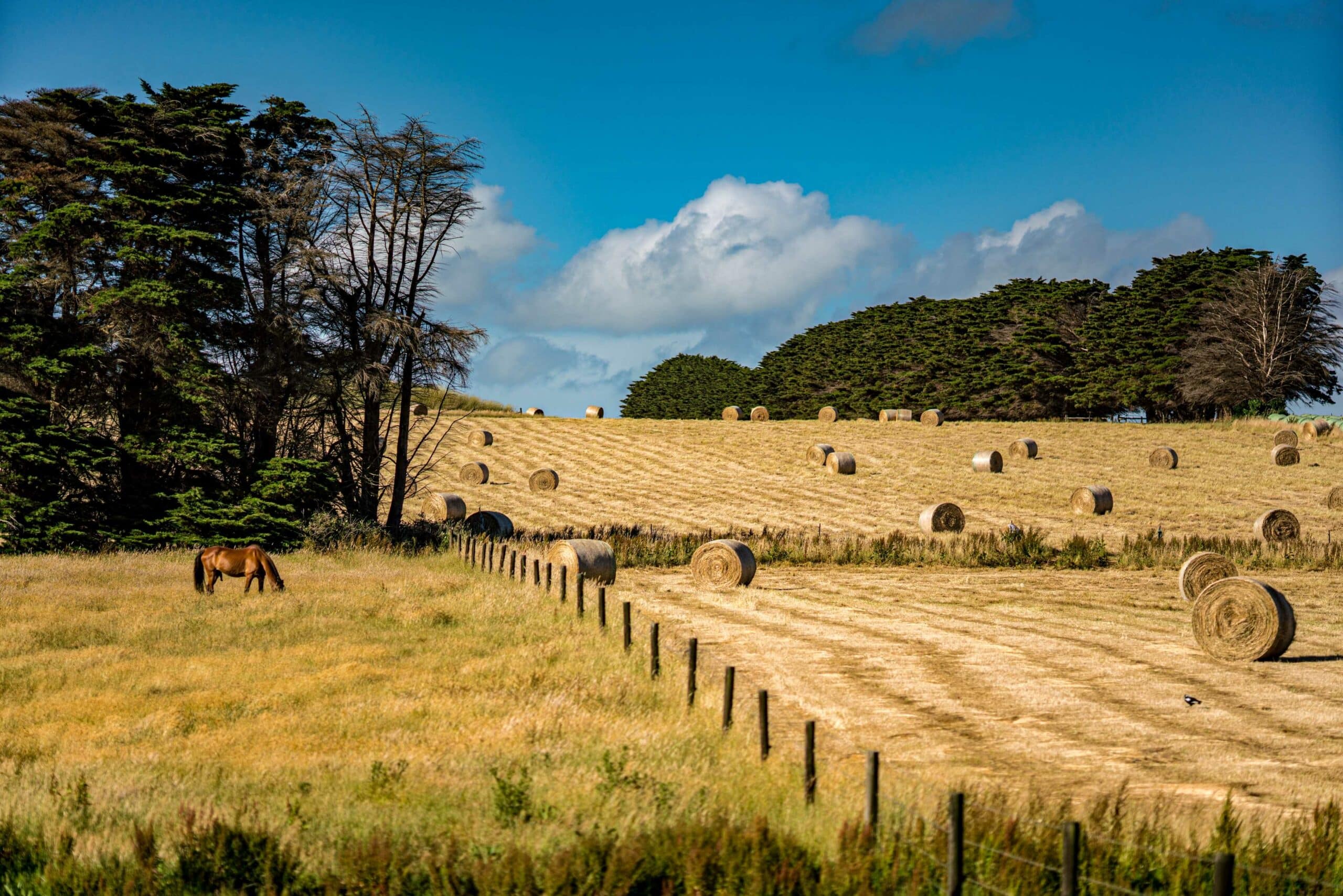Successful Farming’s recent article entitled “Is 50 Too Early For Estate Planning?” gives us some guidelines, so you can address the what-ifs as changes occur and eventually solidify everything.
Let’s look at some key guidelines:
- Define parameters. Regardless of what age you implement your plan, it needs definition. Outline the basics like how the rent will be calculated, how buyouts will be done, what defines a farming heir and at what ages distribution should happen.
- Lay out options. There needs to be “defined options.” These include:
- Who has the option to farm?
- Who has to option to rent or buy?
- Are there equal options or secondary options?
- Consider involvement. Your plan should reward those who are involved on the farm. You might want to hold off on the actual distribution of any assets until the youngest child has reached the age of 25 or 30. This gives everyone the opportunity to be involved if they want to.
- Choose the right document. For example, drafting a revocable trust or planning a will allows you to make changes later in your lifetime.
With a revocable trust, its terms can be altered or canceled based on the wishes of the grantor or the originator of the trust. During the life of the trust, income earned is distributed to the grantor, but when they die, the property transfers to the trust’s beneficiaries.
- Don’t overpromise and under-deliver. If you tell your children you’re going to do what will help them keep the farm together, be sure you do it. If you tell someone without documenting, it can lead to a major conflict later.
- Update your life insurance. You can also change ownership and beneficiary designations of life insurance policies.
The biggest “what if” is “what if you don’t have anything in place?”
Reference: Successful Farming (March 16, 2023) “Is 50 Too Early For Estate Planning?”


